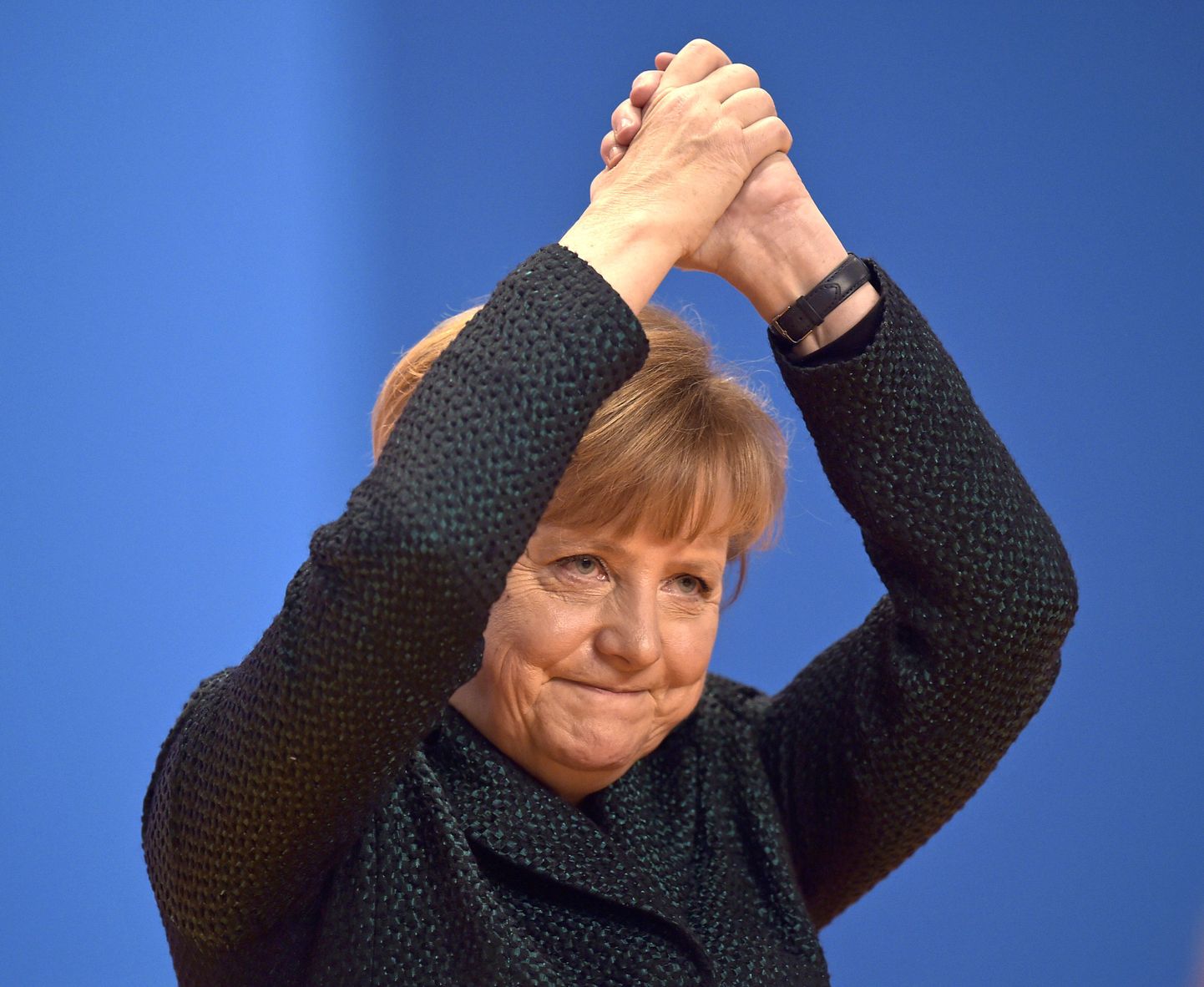Also, the support goes towards Ms Merkel’s foreign policy which, among other things, is showing that as led by the leader, the German society is shaking its remaining naivety regarding the Kremlin. Just before the congress, last Sunday, the newspaper Die Welt am Sonntag featured an interview with Angela Merkel where she was very straight in her analysis of Moscow behaviour in Ukraine, as well as its pressure regarding Georgia and Moldova. The words of Angela Merkel were in support of the sovereignty of said states, the free will of these nations.
Let us recall all the bitter predictions on how the Western, including big German business interests in Russia would keep it from any adequate reaction to Kremlin attack against Ukraine, an operation undermining the entire European security and the system of current international peace agreements thus far deemed as secure. The German society is rather oriented towards economic interests, they thought, and thus not ready to do anything that would endanger export gains. These predictions fell flat. And that’s no small feat.
In domestic policy, the Chancellor badly needs strong support by the people and over there it’s somewhat more critical than in several other states in Europe. Namely, though the rest of the world would see the Chancellor as a firm-handed leader of a major European power, she doesn’t quite have the authority others imagine – due to the peculiarities of the German political system.
